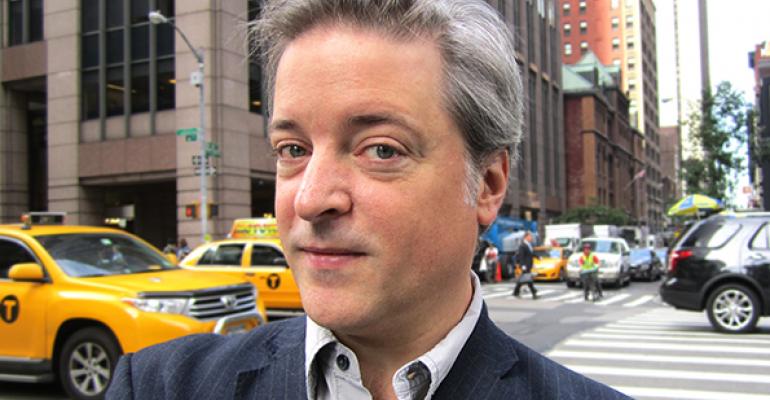The recent WealthManagement.com Industry Awards dinner was held in New York City last month, and even though I’m writing this a few days prior to the event to meet our publication deadline, by the time it gets to you the show will be over. I’m going to go out on a limb and write about it as if it were a rousing success; Many awards were given out, everyone had a great time, and we succeeded in our mission to recognize the firms and initiatives that help move the industry forward.
A portion of the proceeds from the event went to the Foundation for Financial Planning. It’s a great, non-profit organization that supports pro-bono planning for those who arguably need it the most—the working poor, families of military veterans and many other “underserved” communities.
Learning more about the foundation got me wondering who else needs, but doesn’t get, financial advice. The poor are unlikely to get any advice unless it’s through a program of the kind that the foundation supports. The affluent and the wealthy who don’t get advice are often doing so out of choice; many are self-directed investors who feel they have enough financial acumen that they don’t need it.
That leaves the traditional middle class. According to some recent research, they want advice, but believe that they don’t make enough to warrant it. The flip side of that is they want advice, but don’t believe the return on that advice would warrant the investment.
Why is that? In a recent paper published in the Journal of Consumer Policy by Dr. Danielle D. Winchester of North Carolina A&T University and Dr. Sandra Huston of Texas Tech University write that the industry offerings don’t match the need.
Defining middle-class households as those that earn between $35,000 and $99,000 a year, they found 25 percent use some level of financial advice, compared to 60 percent of affluent households. But among the middle-class households that pay for financial advice, 56 percent receive “modular” services, or one-off purchases that pertain to a specific need, be it retirement planning, insurance, etc… The reverse is true for affluent households, where 53 percent receive “comprehensive” advice, or more integrated so-called “holistic” planning.
The authors suggest that economically, the middle class faces stagnant wages, increasing unemployment rates and little capacity to sustain risks like job losses or market downturns without “substantially compromising its financial goals.” The middle class looks for advice on debt management, savings and retirement, yet the authors say, “the survey data suggests that most households who receive financial advice receive advice pertaining to wealth and asset accumulation.”
“Households will use financial planning advice if they garner a sufficient net benefit from the receipt,” the report concludes. “The large difference in the percentage of middle-class and affluent households that use a financial service provider hints that the perceived net benefit of financial advice, as measured by its benefit and cost structure, may differ between these two groups.”
The unasked question here is whether advisors, most of whom are members of the affluent class or aspire to be, can sustainably build a business catering to the middle class. Ric Edelman, most notably, has done so, and there are others. But most advisors, regardless of their marketing messages, still seem to lead with asset accumulation and investment strategy as their value proposition. That’s important work, but not necessarily for the middle class.
Many of the winners of our industry award—you can see the list of recipients in this issue on page 48 —were creators of initiatives that arm advisors with tools driven by the demands of middle-class investors: retirement guides, digital planning and cash-management platforms, low-cost asset allocation services, etc… That’s a positive trend and one that should be encouraged. I’m confident that in a market economy, if there is a need, creative people will find ways to meet it. Look for more information about the winners on WealthManagement.com.
As always, I’d love to hear your thoughts,

David Armstrong
Editor-In-Chief






